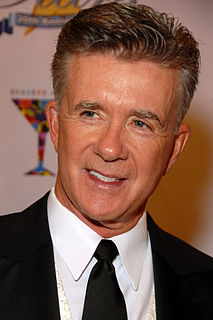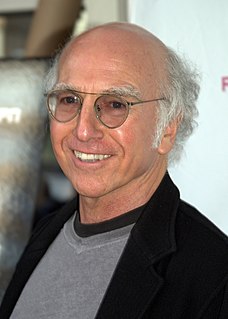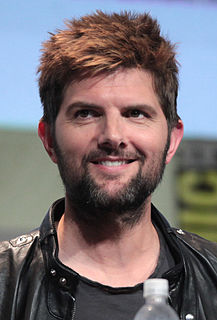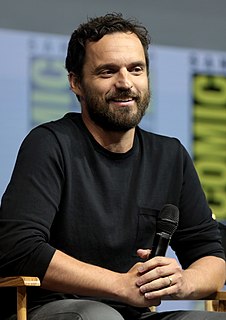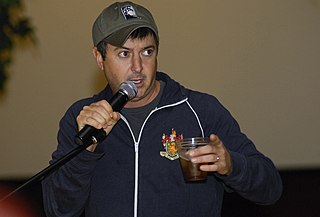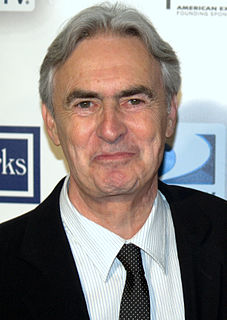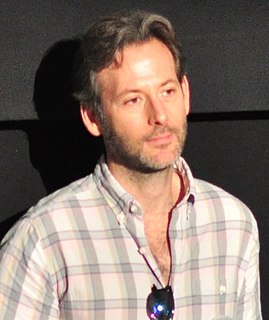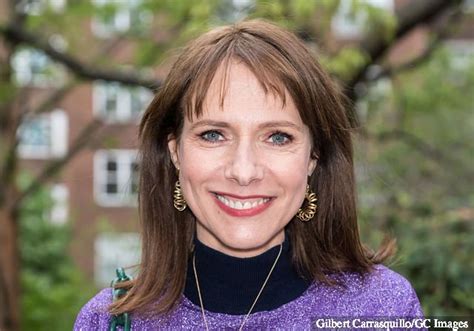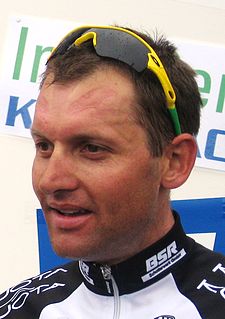A Quote by Alan Thicke
Part of the mystique of shows like 'Curb Your Enthusiasm' is the idea that they begin with a couple of plot lines, and then a bunch of geniuses improvise dialogue. It's not quite that unstructured and loose. It makes for a good urban myth, but everything's a little more tightly scripted and programmed than that.
Related Quotes
This involves more than I can discuss here, but do it. Read the writers of great prose dialogue-people like Robert Stone and Joan Didion. Compression, saying as little as possible, making everything carry much more than is actually said. Conflict. Dialogue as part of an ongoing world, not just voices in a dark room. Never say the obvious. Skip the meet and greet.
I did about 10-12 national commercials and then got one line parts in things like 'Curb Your Enthusiasm' and the show 'The Unit.' Got a little part in the movie 'Redbelt' by David Mamet and kept slowly grinding up and then started getting bigger parts in independents and getting noticed by Liz Meriwether.
First comes an idea. Then, characters begin to evolve out of the landscape of that idea. And then, finally, characters dominate: plot is simply a function of what these people might do or be. Everything has to flow from their personalities; otherwise it will not be emotionally engaging, or plausible.
